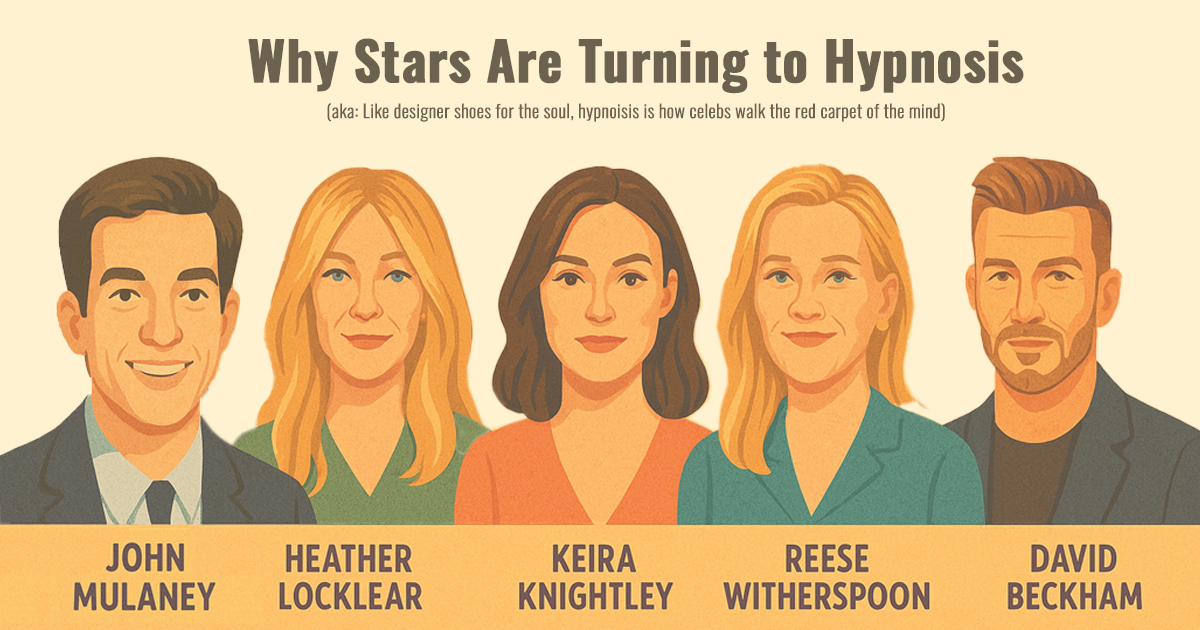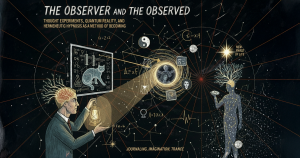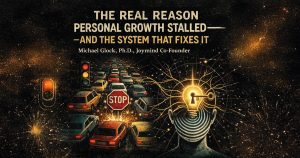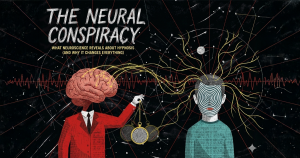Hypnotherapy is experiencing a renaissance
In recent years, hypnotherapy has gained significant traction among celebrities and influencers seeking alternative methods for personal development, mental health support, and behavioral change. They often search for a Hypnotherapist near me and when they do they reach this article exploring the growing trend of hypnotherapy adoption in the entertainment and influencer industries, examining notable figures who have publicly endorsed its benefits. By analyzing these high-profile cases and the underlying psychological mechanisms, we aim to understand the factors contributing to hypnotherapy’s resurgence and its implications for mainstream acceptance.
Introduction
Hypnotherapy, once relegated to the fringes of alternative medicine, is experiencing a renaissance, particularly among high-profile individuals in the entertainment and influencer spheres. As mental health awareness increases and the stigma surrounding therapy diminishes, celebrities are turning to hypnotherapy for issues ranging from addiction and anxiety to performance enhancement and personal growth. This shift not only reflects changing attitudes toward mental wellness but also underscores the desire for holistic and individualized therapeutic approaches.
Understanding Hypnotherapy
Hypnotherapy involves guided hypnosis, a trance-like state of focused attention and heightened suggestibility, to facilitate therapeutic change. It is used to address various psychological and behavioral issues, including phobias, stress, addiction, and chronic pain. The process typically involves relaxation techniques, visualization, and positive suggestions aimed at altering subconscious patterns.Wikipedia
Celebrity Endorsements and Personal Transformations
Several celebrities have openly discussed their positive experiences with hypnotherapy, contributing to its growing popularity:
- John Mulaney: The comedian credited hypnotherapy with helping him quit smoking, highlighting its effectiveness in addressing addiction.
- Heather Locklear” Actor used Hypnosis to quit smoking. Glamor
- Keira Knightley: The actress utilized hypnotherapy to manage stress and anxiety during the early stages of her career, finding it beneficial for mental resilience. SELF
- Reese Witherspoon: She praised hypnotherapy for assisting her in managing panic attacks, showcasing its role in emotional regulation. Body and Soul
- David Beckham: The former soccer star reportedly used hypnosis to improve his mindset, demonstrating its application in enhancing performance and focus. Body and Soul
These endorsements have played a significant role in destigmatizing hypnotherapy and promoting its acceptance as a legitimate therapeutic modality.
Influencers and the Pursuit of Mental Well-being
Beyond traditional celebrities, social media influencers are increasingly turning to hypnotherapy to cope with the unique pressures of their profession. The constant demand for content creation, fear of public scrutiny, and the risk of “cancel culture” contribute to heightened anxiety and burnout.The US Sun
Scientific Support and Efficacy
While hypnotherapy’s popularity grows, scientific research is also exploring its efficacy. Studies suggest that hypnotherapy can be effective in treating various conditions, such as chronic pain, irritable bowel syndrome (IBS), and anxiety disorders. For instance, a study published in the Deutsches Ärzteblatt International indicated that medical hypnosis could be a valuable adjunct in managing certain medical conditions. Financial TimesWikipedia
Furthermore, research into the cognitive neuroscience of hypnosis has shown that it can increase cognitive-emotional flexibility, allowing individuals to break free from automatic thought patterns and behaviors. arXiv
The Role of Hypnotherapy in Personal Development
Hypnotherapy’s appeal lies in its ability to facilitate personal growth and relational self-improvement. By accessing the subconscious mind, individuals can address limiting beliefs, enhance motivation, and cultivate positive habits. This aspect is particularly attractive to those in high-pressure environments, such as celebrities and influencers, who seek tools to maintain mental well-being and performance.
Conclusion
What once seemed like an exclusive tool for the rich, famous, and high-performing elite is now available to all. While celebrities and influencers have helped bring hypnotherapy into the public eye—demonstrating its power to address addiction, stress, and performance anxiety—the real story is unfolding beyond red carpets and film sets.
Joymind, now the largest hypnotherapy platform in the Americas, is leading a quiet revolution by making safe, effective, and science-backed hypnosis accessible to everyone—not just the stars. Whether you’re navigating anxiety, trying to quit a habit, or striving to unlock your full potential, Joymind’s team of certified hypnotherapists delivers personalized care from the comfort of your home.
This democratization of mental wellness marks a new chapter in therapeutic care—one where hypnosis is no longer a backstage secret but a front-row solution for anyone ready to change their life.
#TheMindIsYours
References
- Bloomberg. (2024, August 15). Celebrities Swear by Hypnotherapy. Does It Actually Work? Retrieved from
- Body+Soul. (2025). Celebs are hopping on hypnotherapy – but does it work? Retrieved from
- The Scottish Sun. (2025, May 22). I thought Derren Brown was fake until I copied him and made someone pass out, says albino hypnotist. Retrieved from
- The Sun. (2024). I’m a celeb hypnotherapist and help famous influencers overcome their fears of getting ‘canceled,’ my sessions are $50k. Retrieved from
- Wikipedia. (2025). Hypnotherapy. Retrieved from
- Fox, K. C. R., Kang, Y., Lifshitz, M., & Christoff, K. (2016). Increasing cognitive-emotional flexibility with meditation and hypnosis: The cognitive neuroscience of de-automatization. Retrieved from














